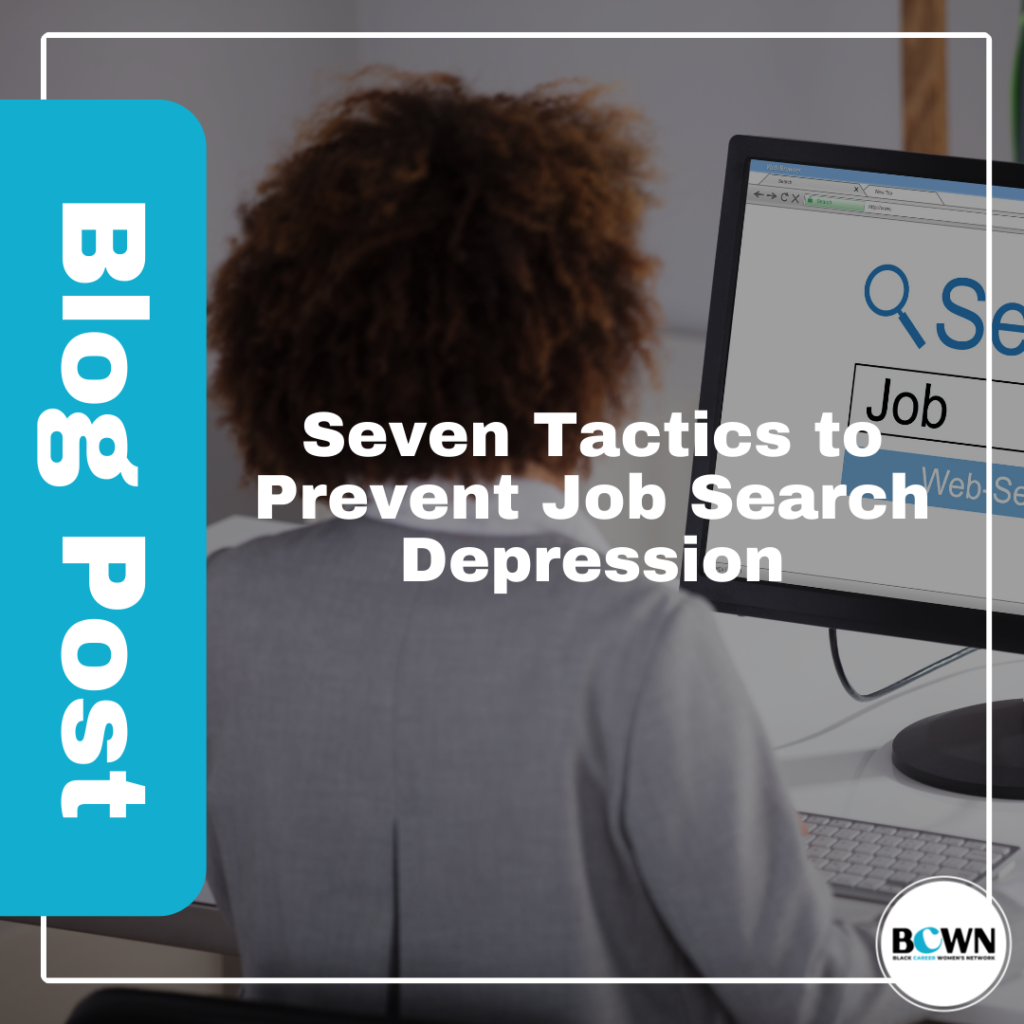Whether you’ve been let go, you’ve just graduated, or you’re looking for something new, searching for a job today can lead to depression. While a few decades ago it was a simple process to find a new job, and there were plenty of high-level jobs for people with skills, experience, or degrees, now there is huge competition, even for low-level unskilled work. However, all is not lost! The following seven points show exactly what causes job search depression and how you can act to prevent it, making sure you’re in top shape mentally before starting your new career.
Causes of Depression
1. You’re Out of Control
Suddenly having no control all over your daily life and being subjected to the whims of other people is enough to trigger depression in some people.
2. Feeling Rejected
It’s normal in the jobs market today to apply to hundreds of jobs and only hear back from one or two, but for some people, this rejection can be crushing and lead to feelings of unworthiness.
3. Feeling Uncertain
Being out of work is unstable, and one of the main problems is that you don’t really know how long it will be until you find work again. This uncertainty and instability can lead to depression in some people.
4. Choicelessness
You’re entirely trapped by your job search, you can’t take a day off from it or do anything else with your time. This feeling of imprisonment in your own life can start feelings of depression.
5. Money Worries
If you have a family to support or bills to pay, then you can easily become depressed worrying about your job situation and what will happen if you don’t get paid soon.
6. Not Knowing How to Handle the Situation
Most of us are never taught in school or by family members exactly how we’re supposed to handle being unemployed and looking for jobs, as a result, we sometimes lack the coping mechanisms for this situation.
7. Feeling like A Charity Case
For some people, having friends and neighbors look at us with pity in their eyes is really disheartening, and can lead to feelings of low self-worth and depression.
How to Prevent Job Search Depression
1. Stick to a Routine
One of the easiest ways of falling into impression comes from staying up late and lounging around in bed until noon, avoiding regular meals and social contact. Maintain your routine, and in the hours you’d normally be at work you can send applications, look for volunteer opportunities, and remain productive.
2. Keep Moving
It’s so easy to stop leaving the house once you’ve lost your job. You can sit in sweatpants all day, but exercise is one of the best ways of combatting depression as it releases so many happy hormones. My Fitness Pal is a great tool to make sure you stay active.
3. Talk to Friends and Family
Being between jobs is nothing to be ashamed of, and reaching out to friends and family is a great way of getting reassurance that the situation is not your fault, and that you have nothing to feel bad about.
4. Start a Job Search Journal
Not only does this help you stay organized with your applications, but you can also see how much you’re doing and how productive you’re being, which can keep you upbeat as you realize you aren’t wasting time. You can find awesome advice on keeping journals like this at Paper Fellows or Essay Services.
5. Find Worthwhile Distractions
While you’re waiting to hear back from a paid job, you can find activities to fill your time and flesh out your CV, they’re a great way of staving off depression. Volunteer Match can help you find something you’ll love that could even help you find a job later.
6. Join a Support Group
A problem shared really is a problem halved, and realizing you’re not alone in your struggles can be a huge help.
7. Double Check Your Applications
Having some spare time can be useful in checking your CV and cover letters for errors and making sure everything is perfect. You can get editing advice from Management Essay or look at tutorials with Academized. For some, just using the spelling and grammar checks offered by Easy Word Count or Cite it in can help.
Overall, job search depression is common, as this is a difficult time. However, remember that you’re not alone, and follow the above tips to stay on top of your mental health.


